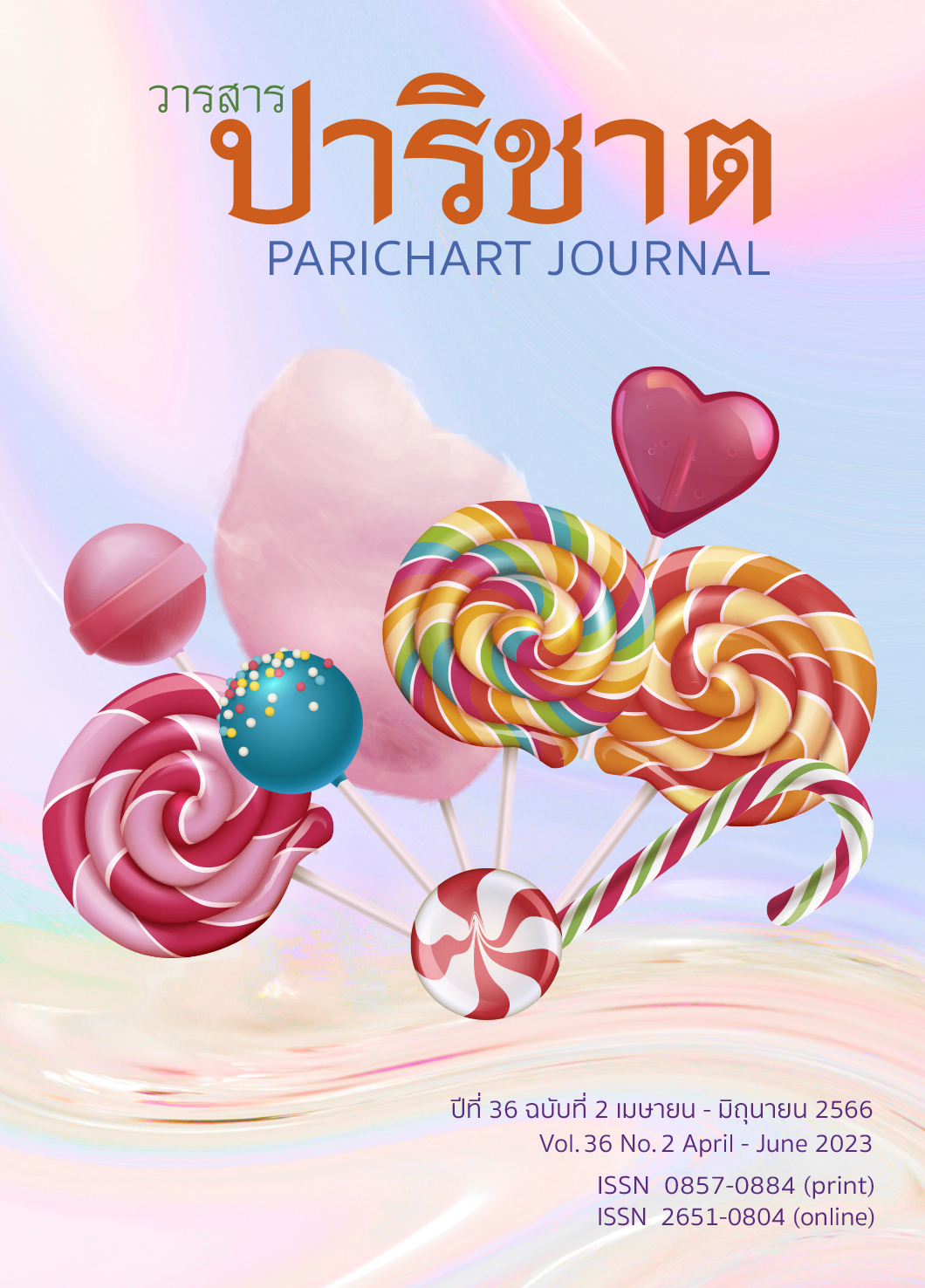"Digital Media" Challenges towards the Role of the Public Political Sphere
Main Article Content
Abstract
Mass media is a form of the public sphere which is expected by society to be an independent space, free from the domination of state power and capital, as well as providing an area for people to discuss public issues rationally and encourage social changes according to democracy. The emergence of mass media from the past to the present encourages each type of media play its different role in the public sphere due to media natures and social contexts in each period. Nowadays, digital media or the Internet has played an increasingly important role in the society. People or receivers are also increasingly consuming the information through this type of media. Digital media has transformed every aspect of the journalism paradigm, including media users' communication and political participation. This issue is a good reflection of the role of the public sphere in this type of media. However, the advancement in technology presents not only the benefits. On the other hand, the technology has also brought impacts on society. The purpose of this article is to point out the development of the public sphere from the past to the present. The author studied the role of digital media in the public sphere and the impact on society and found that there were cases of fake news, echo chambers, and filter bubbles. As a result, the role the digital media has played remains a challenge for media users, content producers and media supervisors as well.
Article Details

This work is licensed under a Creative Commons Attribution-NonCommercial-NoDerivatives 4.0 International License.
References
Kaewthep, K & Hinwiman, S. (2017). Political Economic Theories with Communication Studies (3nd ed.). Pabpim. (In Thai)
Kaewthep, K. (2009). Media analysis: Concept and technique (4th ed.). Pabpim. (In Thai)
Kaewthep, K. (2010). New perspectives in communication studies. Pabpim. (In Thai)
Loaiwittay, N. (2012). (2555). Social media in Thai political communication. Executive Journal. 32, 2012(2), 120–124. (In Thai)
Kou, Y., & Nardi, B. (2018). Complex mediation in the formation of political opinions. In Proceedings of the 2018 CHI Conference on Human Factors in Computing Systems, 1-15.
Chaichuy, P. (2015). Thailand’s public issue communication through a communication innovation for campaign, website “Change.org”. [master’s thesis, National Institute of Development Administration]. NIDA Wisdom Repository. https://repository.nida.ac.th/handle/662723737/5716. (In Thai)
Pattanasrivichian, S. (2019). The usage and strategy of social media on political campaign in the social network era. Payap University Journal, 29(1), 27-41. (In Thai)
Ramasoota, P. (2019, MAY 24) Online echo chamber and Thai politics after the election 62. https://themomentum.co/echo-chamber/. (In Thai)
Pariser, E. (2011). Beware online “filter bubbles” TED Talk (video file). https://www.ted.com/talks/eli_pariser_beware_online_filter_bubbles#t-250759.
Sudbanthad, S. (2019). Documents presented in meeting “The mystery of social media”. June 16, 2019, Thammasat and Political Office. (In Thai)
Jiang, R., Chiappa, S., Lattimore, T., György, A., & Kohli, P. (2019, January). Degenerate feedback loops in recommender systems. In Proceedings of the 2019 AAAI/ACM Conference on AI, Ethics, and Society, 383-390.
Figueiraa, A. & Oliveirab, L. (2017, November 8-10). The current state of fake news: Challenges and opportunities. International conference on ENTERprise information systems. https://www.sciencedirect.com.
DiFranzo, D., & Gloria-Garcia, K. (2017). Filter bubbles and fake news. XRDS: Crossroads, The ACM Magazine for Students, 23(3), 32-35.
Clinton, K. (2019, April 5) Should I fear the ‘Filter Bubble’?. https://medium.com/@katclinton/should-i-fear-the-filter-bubble-a9e429361cfd.


